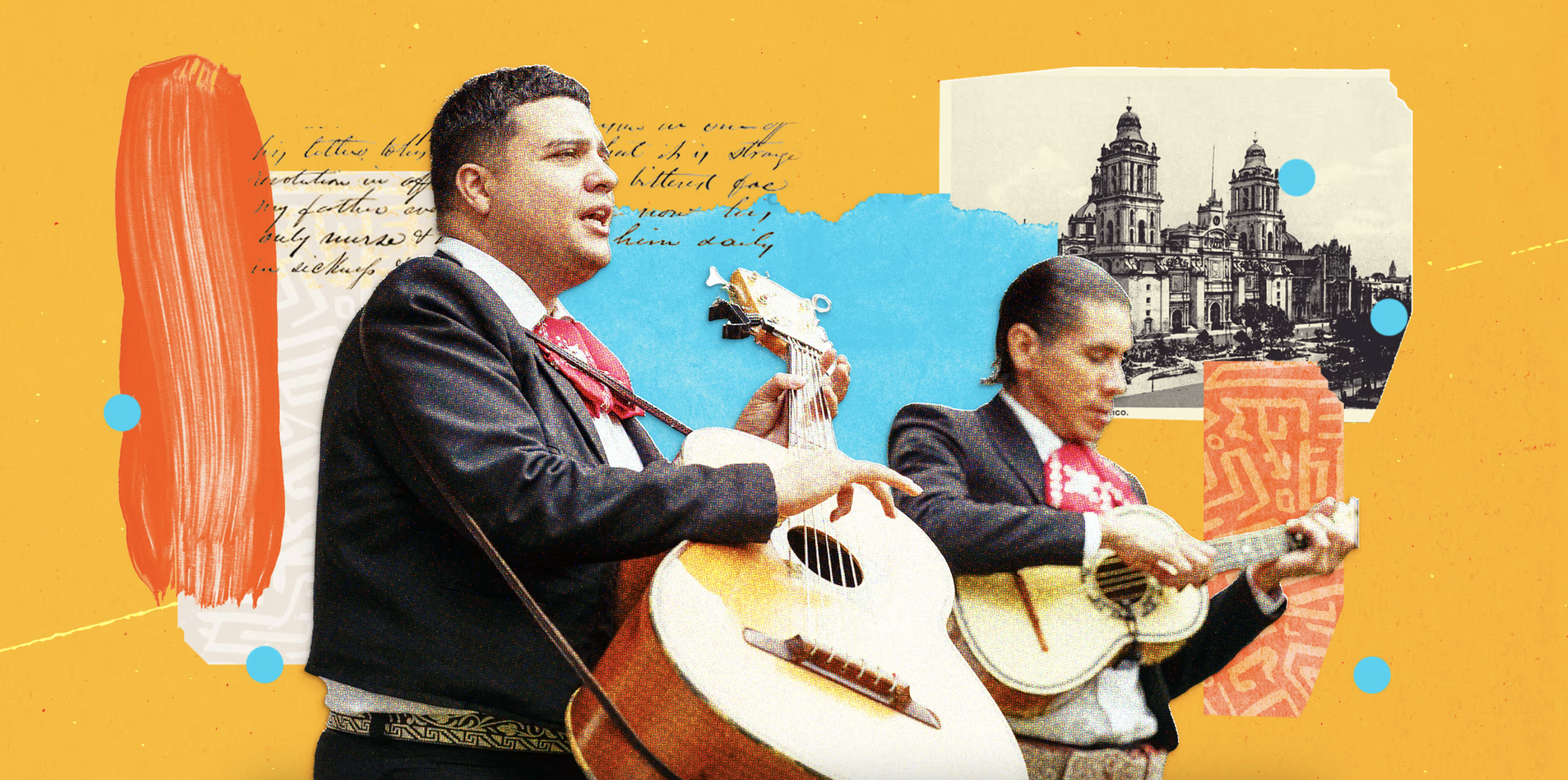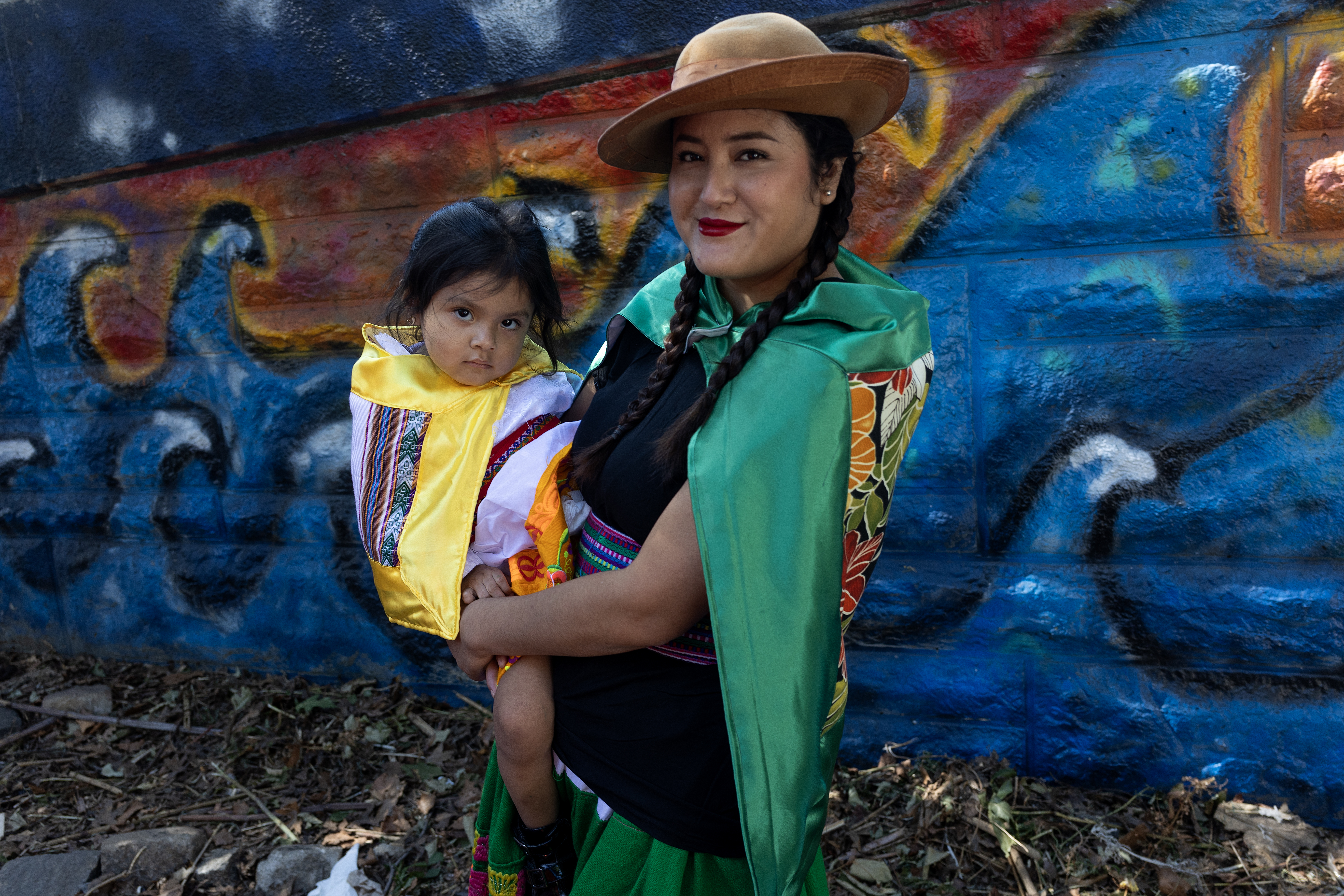
A few years back, Laura Martinez Perez picked up a violin for the first time and joined a group of aspiring young musicians banded together at Santa Rosa’s Luther Burbank Center for the Arts learning to play mariachi music.
She joined at her mother’s urging — who hoped Perez would now be able to play music with her grandfather, a veteran mariachi musician from Mexico.
“My grandpa played in a mariachi for about 40 years,” said Perez, sitting amid a forest of music stands in the center’s rehearsal room, home base for the program. “My parents were really interested when they heard about it cause they’re like, 'We can arrange this and then you guys can play with your grandpa and connect with him in this way.’”
The music confluence of generations did occur with Perez playing tunes with her grandfather, the music standing as a cultural bridge between them. It’s a benefit of the center’s program, which for years has trained students to play the music of their Mexican heritage.
“Sometimes there’s a bit of a gap between people who were born here and were raised here and then were raised in Mexico,” Perez said. “But then we’re all connected through that music.”
Luther Burbank’s mariachi program is free and provides musical education to about 140 students a year — the majority having never played an instrument before. They’re introduced to the ensemble-based music, which dates back to the 1700s in Mexico, typically featuring instruments like guitars, violins, trumpets, harps and guitarrons, the large bass-like guitars.
The center started the program at the urging of the area’s growing Mexican immigrant community who longed for the music of their native country and wanted to instill the tradition in their kids.
“So when I teach them I tell them, ‘Hey, this is for you,’” said program director Matthew Isais Bowker. “But also this is for your parents, because this means so much to them.”
Bowker, a classically trained trumpet player and instructor, took over the program last year and shepherds over the rehearsals. When he first took the job, he showed his Mexican grandmother his traditional mariachi uniform worn by the group. It brought tears to her eyes.
Get a weekly recap of the latest San Francisco Bay Area housing news. Sign up for NBC Bay Area’s Housing Deconstructed newsletter.
Dressed in that traditional gray formal wear, or traje de charro, the group performs at community events and Day of the Dead ceremonies. Bowker said the public performances draw in even more young people interested in learning the music.
“It’s just an amazing program,” said Bowker. “These kids make me happy, and that’s why I keep coming back.”
Another budding violinist in the ensemble, Vincent Oregon Hernandez, joined the program a few years back and has embraced the music and its cultural tendrils.
“It really brings out my roots of Mexican culture, because I’m third generation,” said Hernandez. “I never really grew up with mariachi music, but this program’s really got me into it and I love mariachi music.”

Across the campus, an auditorium was filled with the percussive repetition of shoes as women twirled in brightly colored dresses in the program’s folklõrico dance classes. Instructors Vanessa Carrillo and Victor Ferrer guided the dancers through their steps, shouting instructions mostly in Spanish. For many, the dancing is another link to the cultural heritage of the students’ parents, the majority who emigrated from Mexico.
“We’ve gotten a lot of mentions from families who really enjoy seeing their student perform,” said Carrillo. “Especially since it takes them back to when they used to dance in Mexico.”
Ferrer agreed on the importance of passing along traditions for the students and their families.
“Maybe they did it when they were younger and they came to this country,” Ferrer said. “Now their children have the opportunity to learn about their culture and traditions even though they were born here.”
The center’s mariachi program is also breaking ground in another aspect. It’s the birthplace of Mariachi Rosas, the region’s first all-female mariachi group. Vivi Rivera plays violin and sings in the group, as well as the main mariachi ensemble.
“I feel like mariachi is a very male dominated industry,” said Rivera. “So seeing youth females just put together from our mariachi, being pulled out is something that is empowering for us.”
The public performances combine the two ensembles – the mariachi group and the dance troop, creating a full-scale cultural experience that feels equally at home on a large stage or a street festival. Bowker said the students light up when they slip into the traditional uniforms ready to perform.
“We combine and we play the music while they dance, and that’s really what the music was intended to do,” said Bowker. “To really show off all the culture.”



